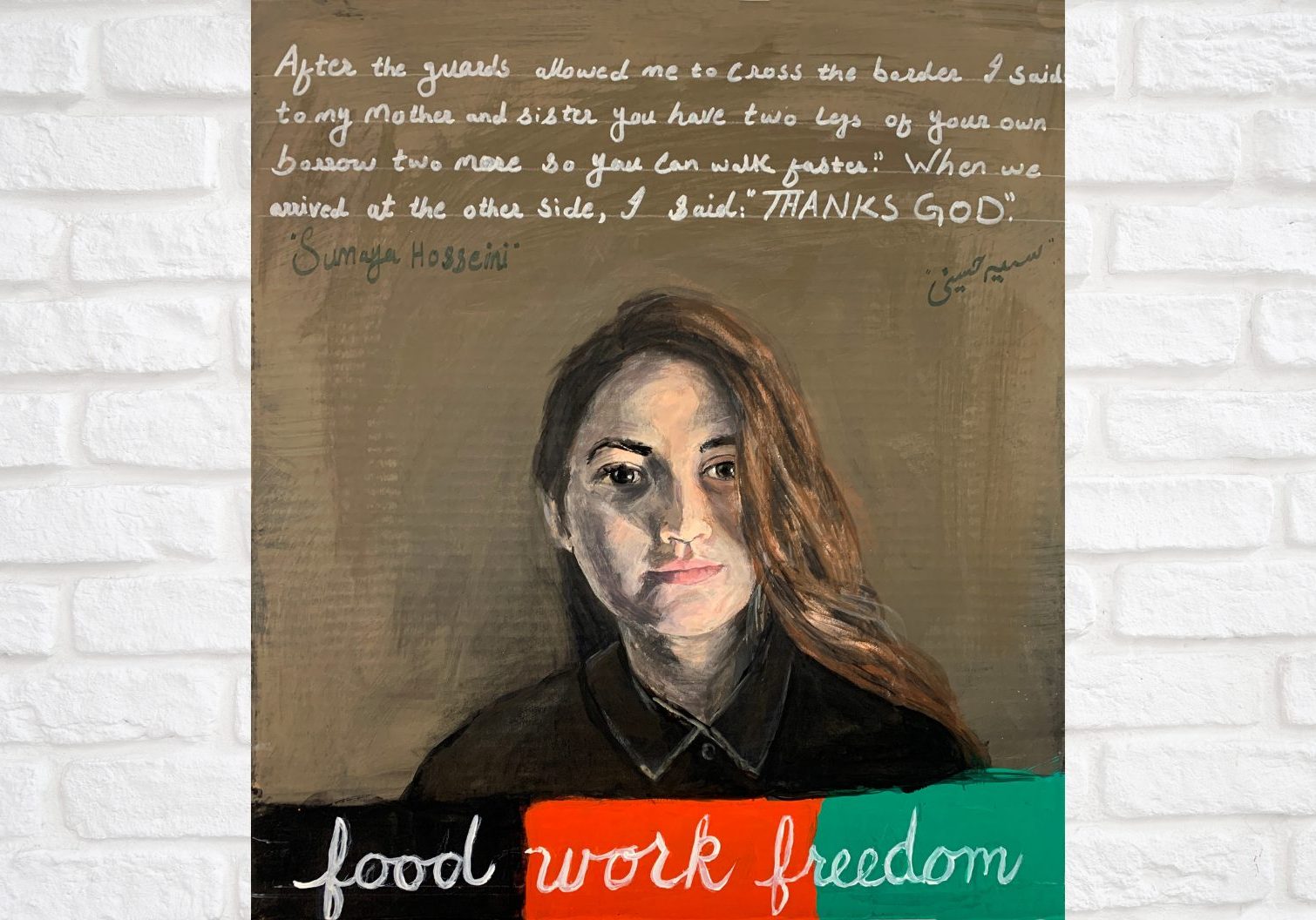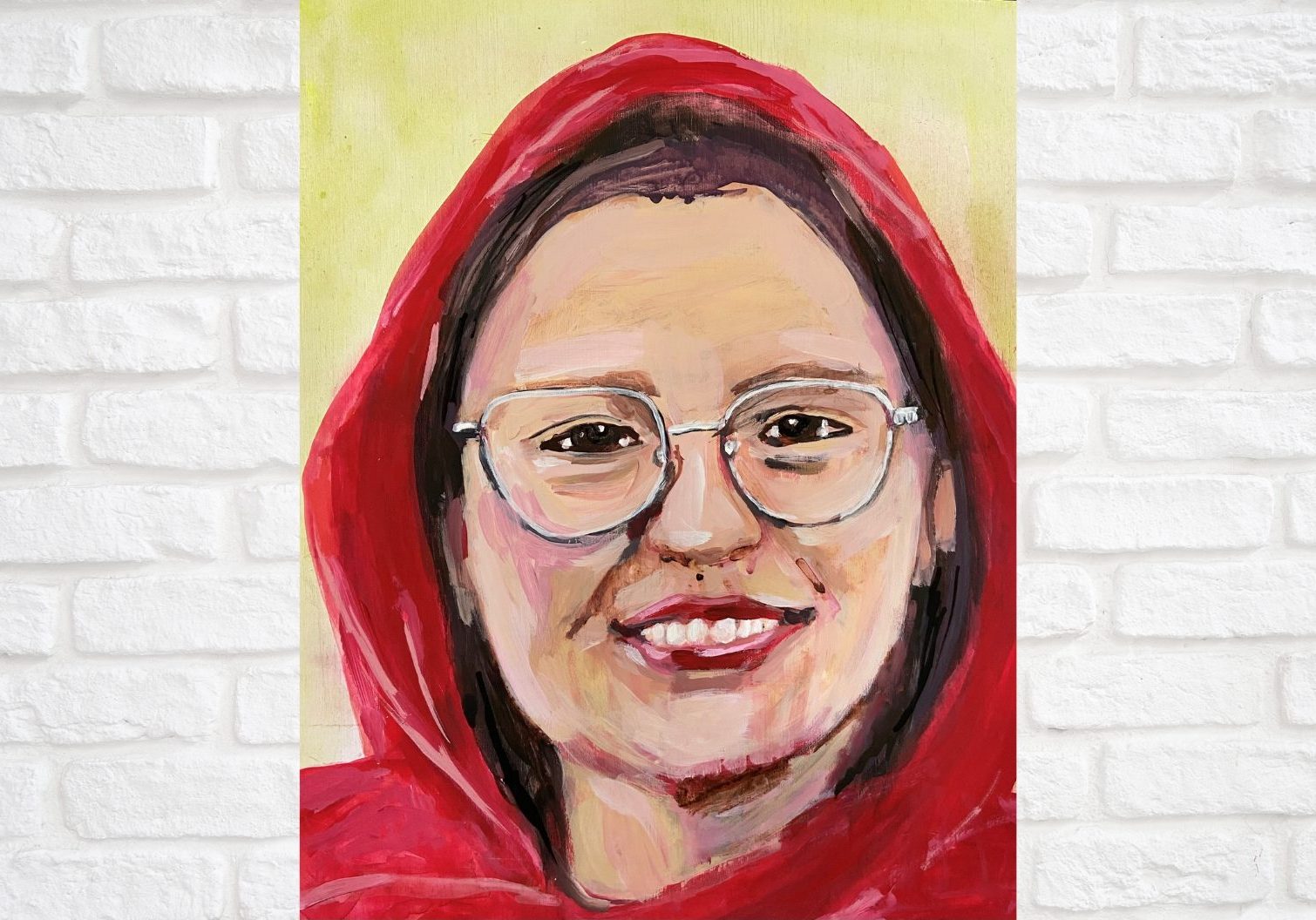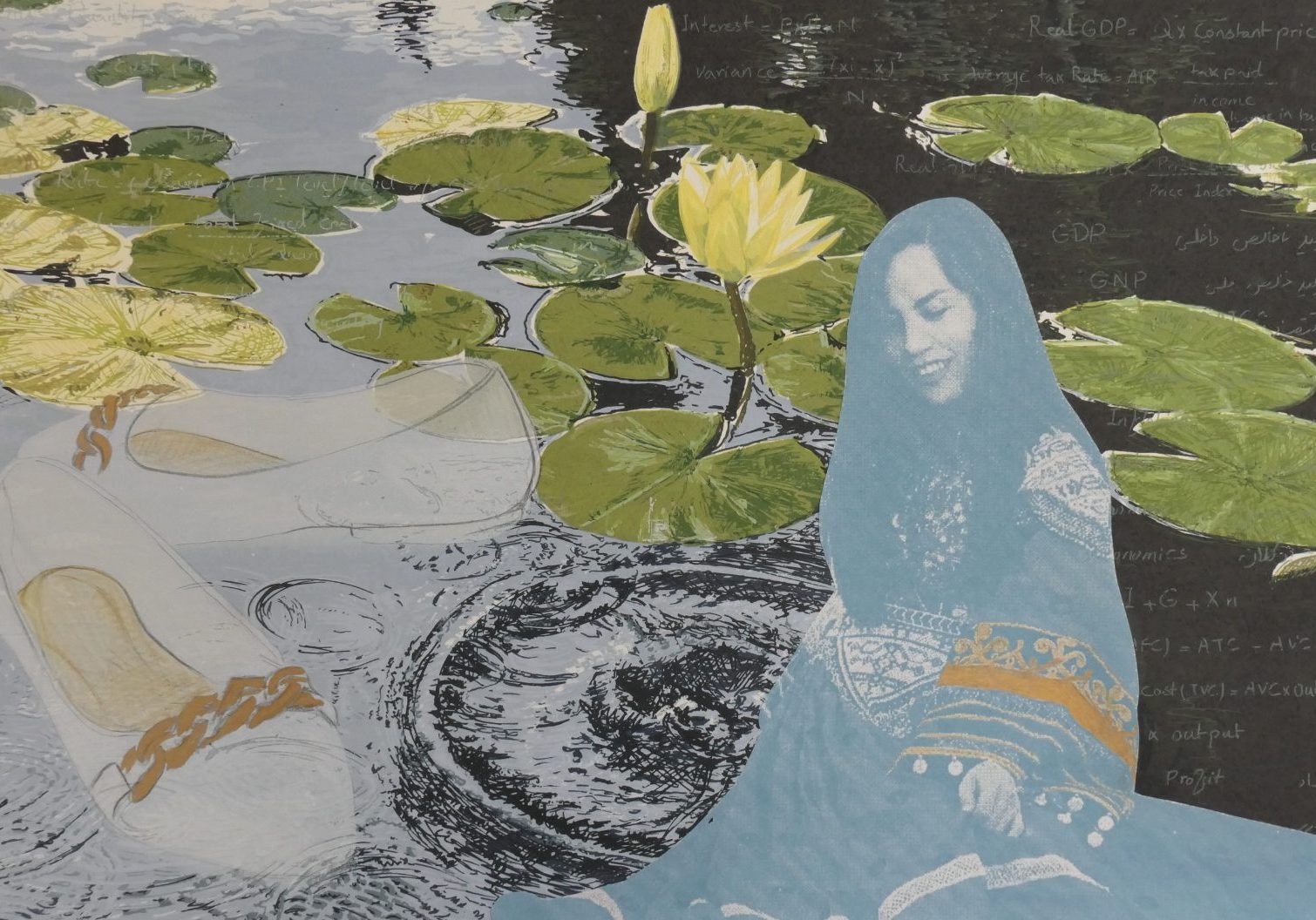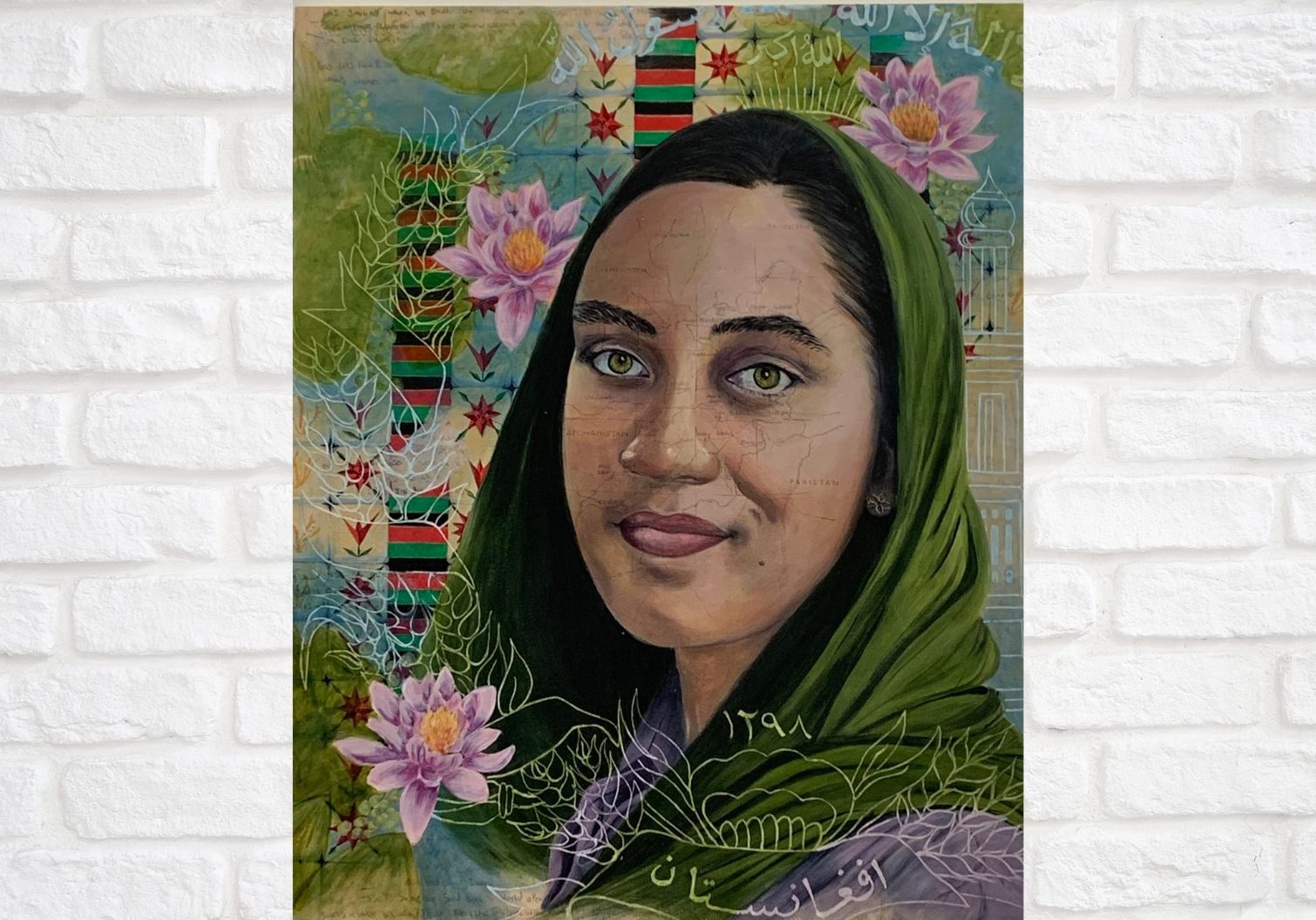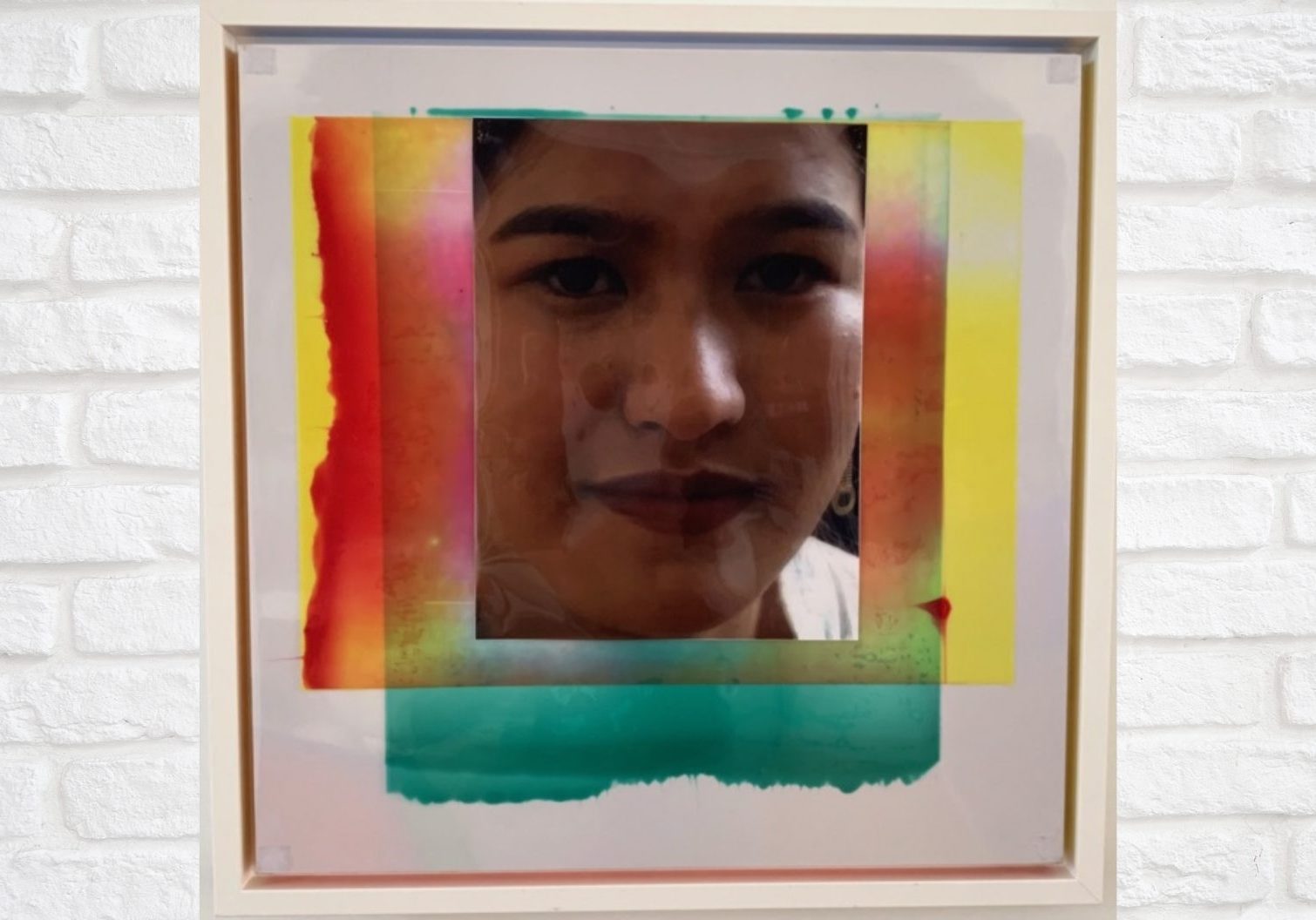My Generation is Like the Waterlilies
My Generation is Like the Waterlilies
Maliha Kazimi
Summary:
After the collapse of the Taliban’s first regime in 2001, Afghanistan’s new generation worked hard for a new reality. This struggle between tradition and modernity continued until the Taliban seized power again on August 15, 2021. A member of the ‘democracy generation’ observes the complete regression of her society under the terrorists.
Story:
As our car turns rapidly on the curvy mountain roads, I am startled by the beauty of the high mountains of the Kabul-Jalalabad highway. Despite all, the peaks are still standing, quietly observing the disasters faced by their children. I marvel at their resistance, strength, and endurance. My throat grows heavy, and tears twitch in it.
With a sense of paralysis, I lean my head on the window and speak to them directly: “How can you tolerate these deep wounds on your body? How can you stand strong and high? How can you tolerate your children’s hopelessness?”
I feel hot. I wear a mask and put on my scarf very carefully so that you cannot see my full face or even one hair. My sister and I are on a long, risky road trip to leave the country. We have to pass numerous Taliban checkpoints to get to Torkham border. Whenever our car gets close to one, we fix our scarves and hijabs. The two girls who accompany us pray silently. I can see the prayer beads spinning in their hands. Silence and fear rules the whole car.
The driver stops. An armed Taliban guy comes near. He is a long- haired man with Afghani dress and a gun over his right shoulder. With his harsh kohl eyes and flashlight, he looks inside the car. We all hold our breath. If he becomes suspicious, he will search our suitcases, phones, and our bodies. Along most highways of Afghanistan, the Taliban have beaten up, killed, and raped many people, usually Hazara. They don’t allow a woman to travel without a close male relative.
When I said goodbye to my mother, she was spiritually calm because her daughters were leaving the Taliban’s hell, but her heart was wretched. She was sending away pieces of her body. My aged, sick grandfather kissed my cheek as I kissed his shaky hands. His mind was questioning. Would life give him the chance to meet his dear ones again? How difficult separation and farewell is! I hugged my whole family and kissed my younger sisters who I’m so worried about and who I will miss so much. With a broken heart, I stepped outside my house in a pair of comfortable, old, pale green sneakers with white laces.
Before the Taliban takeover, the area known as Pol-e-Sorkh near my neighbourhood in western Kabul had a beautiful atmosphere. It was one of the gathering places for the Democracy Generation.
Streets were crowded with girls and boys, men and women on their way home from school or work, groups of friends shopping. You could see hope in everyone’s steps. Cafes, some owned by women, sprang up like mushrooms. In these, mixed groups of women and men, colleagues, and artists gathered. Girls wore colourful clothes, laughing loudly, dreaming about their bright futures.
Democratic values were in their infancy in Kabul province. However, my Democracy Generation had battled for them for twenty years. Our struggle between tradition and modernity was ongoing. I say we were like waterlilies because our roots grew in the dirty mud, but our stalks reached up from the dark of the marsh to blossom in sunlight. Also, like waterlilies, we purified the water where we grew with our beliefs.
But after the Taliban retook power, it seemed that the streets would swallow me the first time I went outside. Pol-e-Sorkh was like a zombie and ghost city. Shops were closed, and people in the street walked with fear. If you saw a woman, she was covered with a black hijab and scarf. The Taliban changed our lovely country into a harsh and frightening place. They removed the beautiful faces of women.
On the soil of this new country of Pakistan, with each step, my old green sneakers lead me away from my home. But my eyes keep turning back. I am seeking something, parts of myself I left behind in my lovely country. Motionless, I stop and gaze back toward the border, to my star and moon, my motherland.
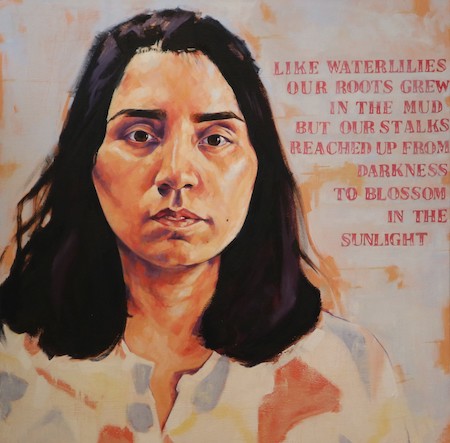
Maliha Kazimi fled her homeland on Oct 12, 2021, after the Taliban regained power. She holds a B.Sc. in sociology and worked as a journalist for a daily newspaper in Afghanistan.
Portrait: Carol Wylie with Maliha Kazimi
Waterlily
Oil on canvas
Waterlilies quote by Maliha Kazimi
2023
Size: 30” x 30”

